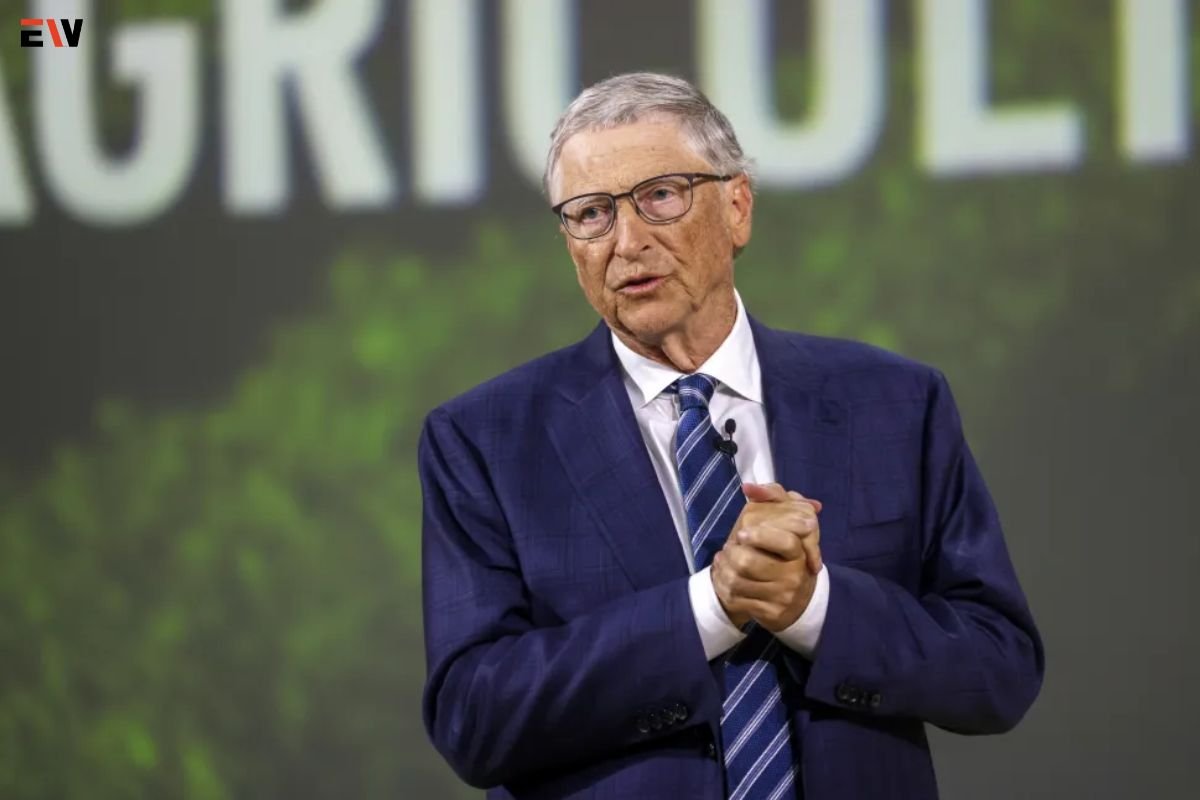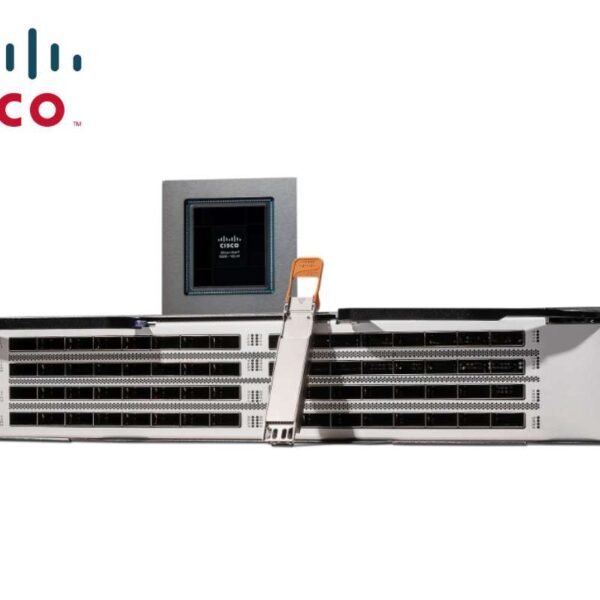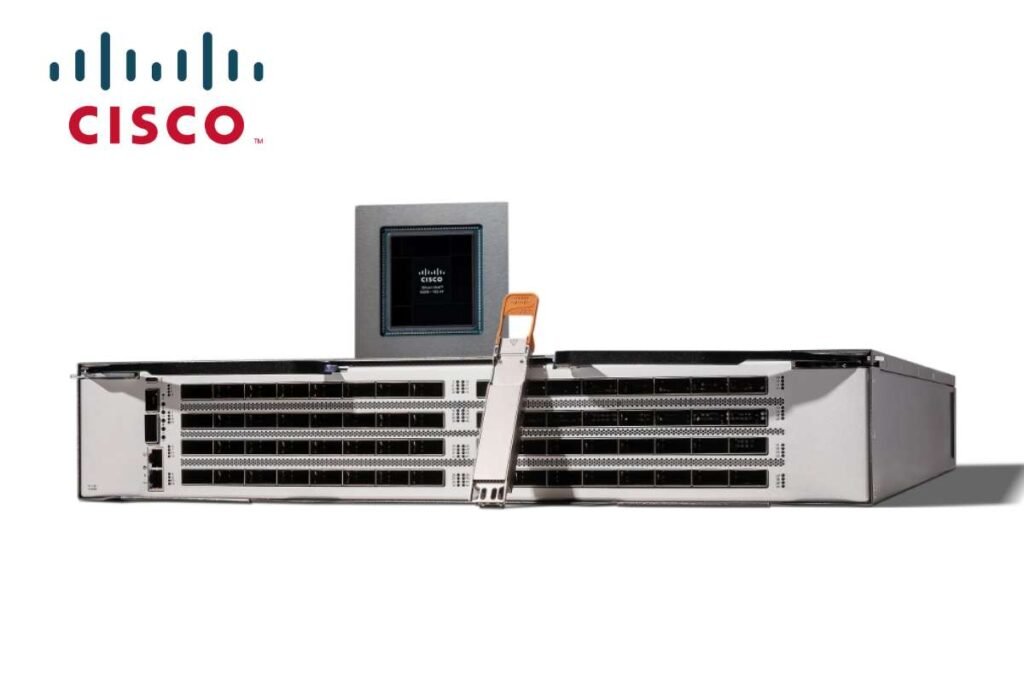Source- Observer
Bill Gates has come forward to defend the significant rise in energy consumption caused by artificial intelligence systems, emphasizing that the technology will ultimately offset its high electricity demands.
Addressing Environmental Concerns
Speaking in London, Gates urged environmentalists and governments to avoid overreacting to the substantial power required to run new generative AI systems. Major tech companies, including Microsoft, are investing billions in constructing vast new data centers. Bill Gates highlighted that data centers will drive a global increase in electricity usage of between 2-6 percent.
“The question is, will AI accelerate a more than 6 percent reduction? And the answer is: certainly,” said Gates, who has extensively invested in sustainable energy and carbon-reduction technologies.
Tech Companies and Green Energy
In May, Microsoft acknowledged a nearly one-third increase in its greenhouse gas emissions since 2020, largely due to data center construction. Gates, who left Microsoft’s board in 2020 but remains an adviser to CEO Satya Nadella, stated that tech companies would pay a “green premium” for clean energy, which aids in the development and deployment of new power sources.
“The tech companies are the people willing to pay a premium and to help bootstrap green energy capacity,” Bill Gates remarked at the Breakthrough Energy Summit in London.
The Breakthrough Energy group, founded by Bill Gates and supported by investors like Jeff Bezos, Masayoshi Son, and Jack Ma, has funded over 100 companies working on sustainable energy and emission-reducing technologies. The London event featured speakers such as Prince William, former Italian Prime Minister Mario Draghi, and John Podesta, the US’s top climate diplomat.
AI and Energy Demand Challenges
Major tech companies like Microsoft, Amazon, and Google have outlined plans to invest tens of billions of dollars in building the computing infrastructure necessary for AI systems globally. However, the availability of electricity is already challenging these efforts. An April report by the US Department of Energy indicated that AI is expected to be the primary driver of data center-related load growth in the near future.
Despite long-term power purchase agreements with wind and solar power generators, these deals often fail to match electricity demand with local resources hour by hour. This discrepancy means that not all electricity-related greenhouse gas emissions are offset by these agreements.
Future Energy Needs and Net Zero Goals
In May, the Electric Power Research Institute projected that data centers could consume up to 9 percent of US electricity generation by 2030, more than double their current usage. Bill Gates expressed concern about meeting the increasing demand for electricity while also addressing the need to clean up vast sectors such as cement and steel.
“The amount of green electricity that we need for the transition is not going to show up nearly as fast as we need,” Bill Gates said, suggesting that the global goal of reaching net zero emissions by 2050 might be missed, with a more realistic target being another 10 or 15 years later.










